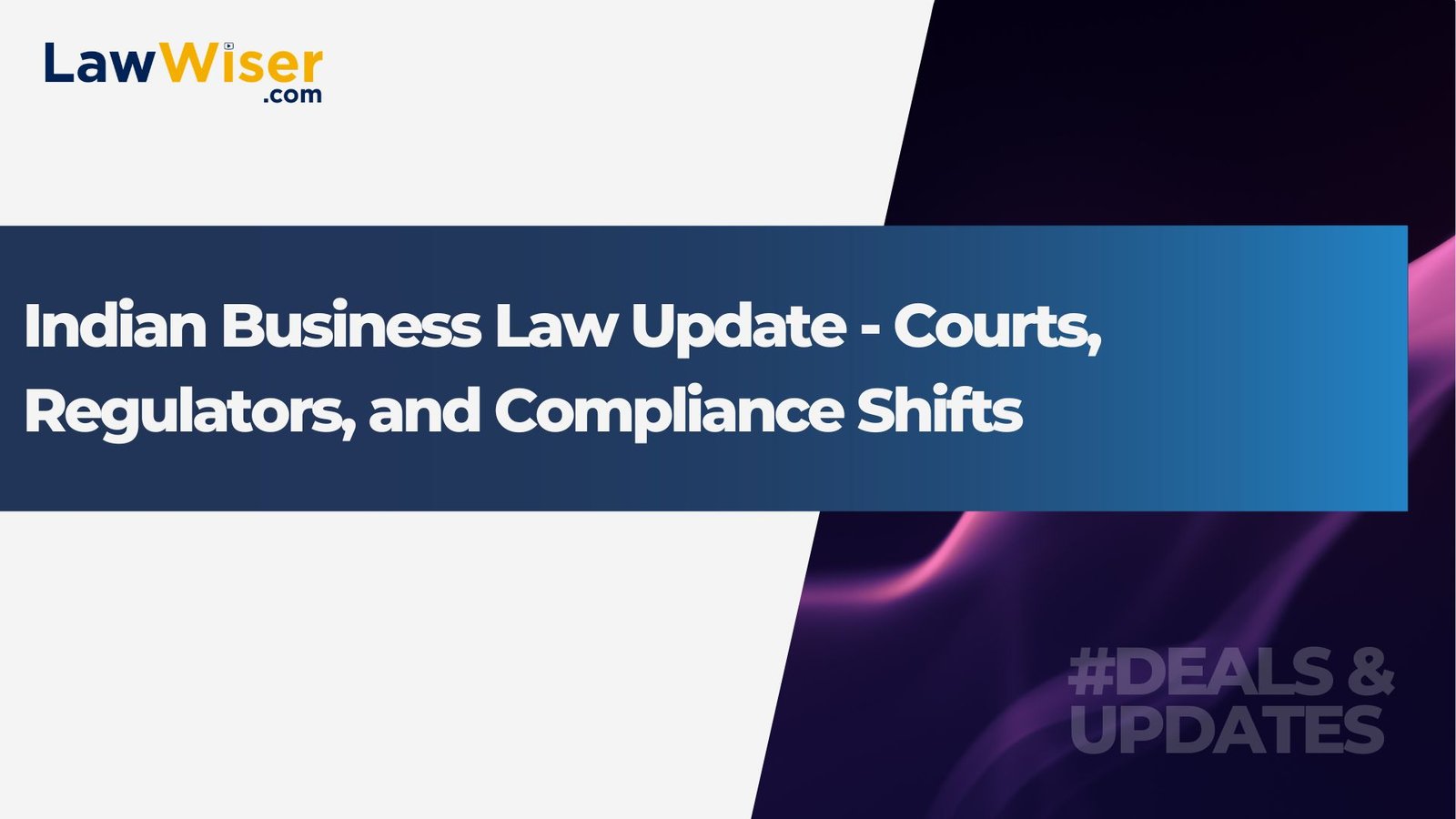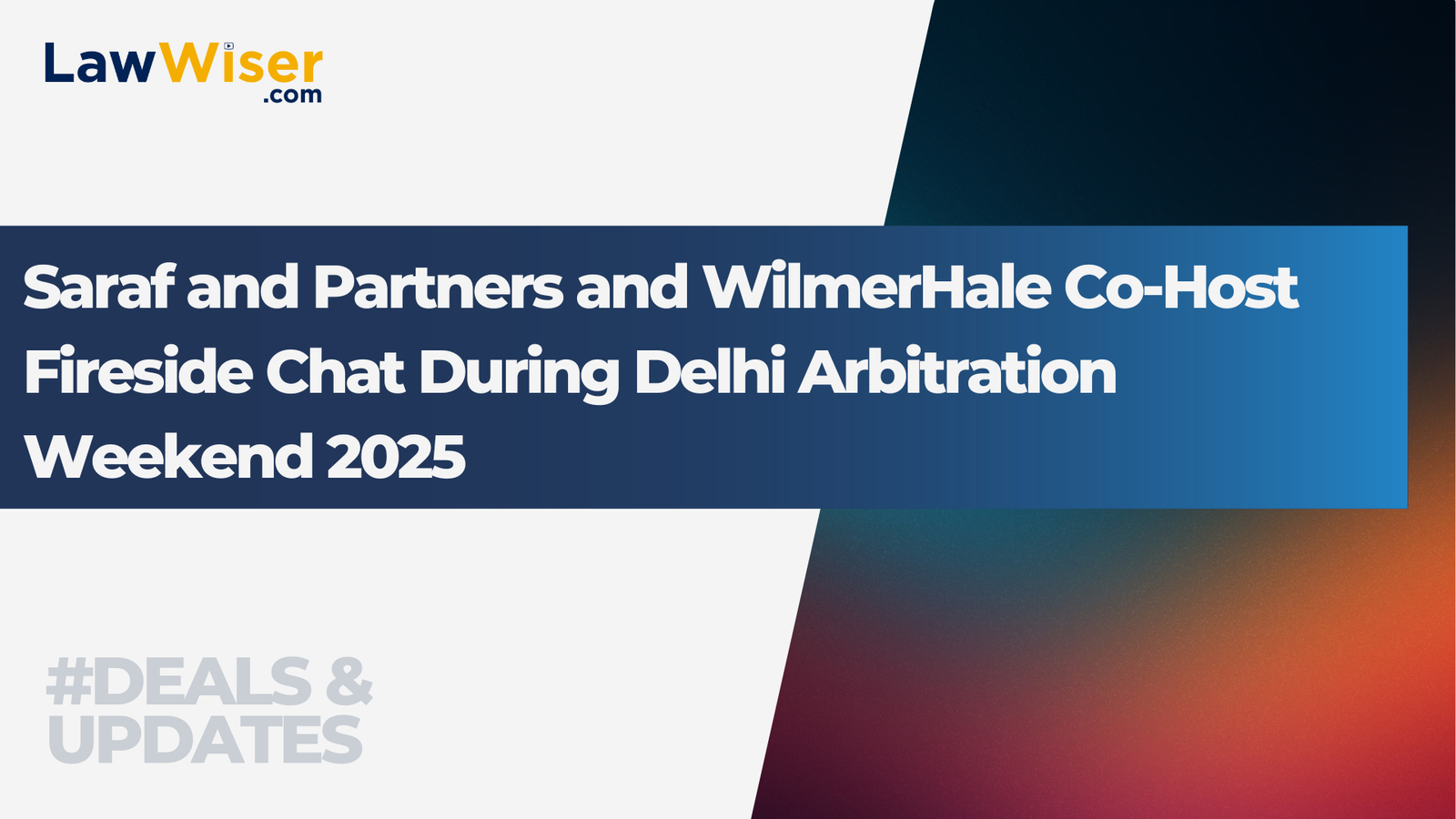Delhi High Court denies plea to bar Winzo from using “Jeeto Har DinZo”
The Delhi High Court has declined to stop Winzo from using the tagline “Jeeto Har DinZo” in its advertisements, rejecting a petition by CreativeLand Advertising Private Limited.
CreativeLand claimed Winzo used the tagline without permission, violating a Non-Disclosure Agreement (NDA) signed in November 2024. The agency argued that the phrase was developed exclusively for Winzo during pitch meetings held between December 2024 and January 2025. However, Winzo ended talks in February 2025, stating it would use a different creative partner and maintained that the tagline came from its internal brand development. Winzo also offered ₹10 lakhs to CreativeLand as compensation.
The matter was referred to arbitration. The arbitrator denied CreativeLand’s request for an injunction, holding that there was no binding agreement beyond the NDA and that any damages could be settled monetarily. Winzo was directed to provide a ₹50 lakh bank guarantee.
CreativeLand challenged the arbitrator’s ruling, insisting that the tagline was shared in confidence and that Winzo’s use of it breached contractual terms. It claimed financial compensation would not make up for the alleged misuse.
Winzo argued that the phrase was generic within the gaming sector and was not solely created by CreativeLand. The company said the NDA only covered preliminary discussions and did not transfer rights to the tagline.
The Court upheld the arbitrator’s findings, noting that the NDA allowed both parties to develop ideas independently, provided confidentiality was maintained. The Court also ruled that injunctive relief is discretionary and found that the circumstances did not justify blocking Winzo’s use of the tagline.
CreativeLand was given the option to contest the trademark registration separately before the relevant authority.
Kerala High Court directs State to issue guidelines for protecting identity of POSH complainants
The Kerala High Court has directed the State government to formulate guidelines aimed at protecting the identity of complainants under the Sexual Harassment of Women at Workplace (Prevention, Prohibition and Redressal) Act, 2013 (POSH Act), noting the absence of any current mechanism to anonymise such individuals.
A Bench of Justices A Muhamed Mustaque and P Krishna Kumar issued the direction while hearing a petition involving disciplinary proceedings under the POSH Act. The Court stated that the right to privacy includes safeguarding the identity of complainants and directed the State to issue appropriate guidelines within four months. The judgment noted that such measures should not interfere with the rights of the accused to defend themselves during the enquiry.
The Court also permitted the government to consider guidelines issued by the Bombay High Court in 2021, despite that Court’s clarification that they were not intended for general application.
The case stemmed from a petition filed by a former Deputy Director of the District Tourism office, who faced disciplinary action following a complaint by a female colleague. An Internal Complaints Committee (ICC) found merit in the allegations, leading to a show cause notice proposing demotion to the lowest rank in the Tourist Information Officer cadre.
The petitioner initially approached the Kerala Administrative Tribunal to quash the ICC report and later challenged the tribunal’s refusal in the High Court. He argued that he was not allowed to cross-examine the complainant or participate in the enquiry.
The Court, relying on prior rulings, held that ICCs must ensure complainants can testify without fear or intimidation and that the absence of verbal cross-examination did not, by itself, invalidate the enquiry.
Further, the Court said that challenges to disciplinary proceedings should only be made after final decisions, to prevent disruption of administrative processes. It found no error in the tribunal’s order but directed that the petitioner be given an opportunity to challenge the complainant’s testimony or present evidence before the Committee, in accordance with Section 11 of the POSH Act and the Kerala Civil Services Rules.
Supreme Court: BCI Should Not Interfere with Legal Education
The Supreme Court observed that the Bar Council of India (BCI) should not involve itself in matters related to legal education, stating that such decisions should be left to academicians and jurists. This remark came while Justice Surya Kant dismissed the BCI’s challenge to a Kerala High Court ruling, which permitted two men convicted of murder to pursue legal education online from jail.
Justice Kant made it clear that, in his view, legal education should be under the purview of legal experts, not regulatory bodies like the BCI. He remarked, “The BCI has no business to go into legal education…Legal education should be left to the jurists, to legal academicians. Have mercy on the legal education of this country.”
The two convicts had cleared the entrance exam for an LL.B. course conducted by the Kerala Law Entrance Commissioner for the academic year 2023-24. The Kerala High Court had allowed them to attend law classes online, and the convicts were granted interim bail for this purpose. The High Court ruled that the convicts’ right to education is part of their fundamental right to dignity.
Justice Kant questioned the BCI’s stance on the issue, pointing out that if the convicts were acquitted later, would they still be denied the opportunity to pursue their education? The bench, which included Justice N Kotiswar Singh, dismissed the BCI’s appeal on the grounds of both delay and the merits of the case.
In its original ruling, the Kerala High Court had emphasized the importance of prisoners’ rights to education, recognizing this as a fundamental human right grounded in the right to live with dignity.
A fire at a Delhi High Court judge’s bungalow results in the discovery of a large amount of cash :Who is Justice Yashwant Varma?
Justice Yashwant Varma, a judge at the Delhi High Court, has recently been embroiled in controversy after media reports surfaced claiming that a large sum of cash was found at his residence during a fire-fighting operation. This revelation sparked a lot of speculation, leading to his proposed transfer back to his original court, the Allahabad High Court. With over 22 years of legal experience and a decade-long tenure as a judge, Justice Varma is the third senior-most judge at the Delhi High Court.
In response to the allegations, the Supreme Court initiated an in-house inquiry on March 21, 2025, and formed a committee to investigate the matter. Justice Varma has been given an opportunity to respond to the charges. Meanwhile, he has taken leave, and the situation is closely being followed by the legal community. Political figures, such as Congress’ Jairam Ramesh, have called for greater judicial accountability.
Background and Career Highlights
Justice Varma, born on January 6, 1969, in Allahabad, obtained his law degree from Rewa University and started his legal practice in 1992. He mainly appeared before the Allahabad High Court in matters of constitutional, labor, industrial, corporate, and taxation law. He served as the Chief Standing Counsel for Uttar Pradesh and was designated a Senior Advocate in 2013. In 2014, he was appointed an additional judge at the Allahabad High Court, later becoming a permanent judge in 2016. He was transferred to the Delhi High Court in 2021.
Noteworthy Cases
- Income Tax reassessment against Indian National Congress: Justice Varma dismissed petitions by the Congress party, allowing the IT Department to proceed with further scrutiny.
- PayPal under PMLA: He ruled that PayPal must comply with the Prevention of Money Laundering Act.
- Enforcement Directorate powers: Justice Varma clarified that the ED’s jurisdiction is limited to investigating money laundering offenses only.
- Media coverage of Delhi Excise Policy case: He issued notices to several news channels for misreporting the trial.
- UAPA case: Justice Varma ruled on the non-disclosure of certain documents under the Right to Information Act.
Judicial Philosophy
Justice Varma has earned a reputation for his thorough and reasoned judgments. Notably, he stated that judicial bias need not be proven but should be assessed from the perspective of an average person.
Next Steps and Judicial Accountability
Judges facing allegations of misconduct or corruption can be impeached through a special parliamentary process. While motions for impeachment have been proposed in the past, no judge has ever been removed from office. The ongoing inquiry into Justice Varma’s actions will play a crucial role in shaping the ongoing discussion on judicial accountability in India.



 March 21, 2025
March 21, 2025






 February 4, 2026
February 4, 2026 0 COMMENTS
0 COMMENTS



